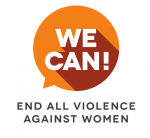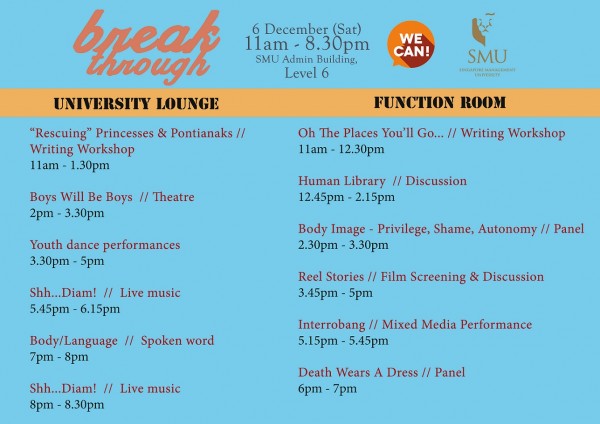By Vivienne Wee and Goh Li Sian
 The recently passed Prevention of Human Trafficking Act has been lauded as a significant advance. Building on the work of the Inter-Agency Task Force on trafficking, it reflects a welcome consciousness that trafficking is a serious problem requiring decisive state action. However, beyond its symbolic value, it should be asked: How well does it measure against international standards?
The recently passed Prevention of Human Trafficking Act has been lauded as a significant advance. Building on the work of the Inter-Agency Task Force on trafficking, it reflects a welcome consciousness that trafficking is a serious problem requiring decisive state action. However, beyond its symbolic value, it should be asked: How well does it measure against international standards?
Three international standards are relevant. The first is the US’ annual Trafficking in Persons (TIP) Report. This classifies states in terms of success in protecting victims. In 2010, Singapore slipped from Tier 2 in a four-tier system to a “Tier 2 Watch List”, for countries with a significant number of trafficking victims and which fail to show efforts to combat the situation. This classification was due to Singapore’s ostensibly inadequate prosecution or conviction of human traffickers, especially labour traffickers.
The 2014 TIP report notes the Government’s failure to recognise elements of trafficking in cases without physical confinement or abuse. While some criticise the TIP report as patchy, it nevertheless indicates the distance that Singapore has yet to go.
The second is the UN Convention on the Elimination of All Forms of Discrimination Against Women. This is a key human rights treaty that Singapore has ratified. Article 6 requires states to take all appropriate measures to suppress all forms of trafficking in women. The third is the UN Palermo Protocol on trafficking. This is ratified by 165 states of the UN but not Singapore.
How far does the new Act go towards meeting these three global standards and preventing human trafficking? Although the Act’s definitions are said to be based on international treaties, the Act does not adequately recognise key elements of trafficking as set out in the Palermo Protocol, such as profiteering by traffickers.
The Act also offers little recognition of the rights to safety and livelihood necessary to encourage victims to report their cases, identify traffickers and testify against them – a process which can take up to three years. Unless victims feel secure that their welfare needs will be met, they will be discouraged from coming forward to participate in these prosecutions.
The Act currently allows for “temporary shelter”, but without mandating the nature of this accommodation and without any legal guarantee that victims will not be detained. The Act makes no mention of protecting victims from being prosecuted for immigration infractions inadvertently committed while being trafficked. This gap will deter victims from reporting their cases, for fear of being arrested. Indeed, traffickers have used this possibility as a threat to coerce victims.
The right of victims to work and to have decent income is important for protection from further exploitation. Most victims of trafficking are attracted to Singapore by the prospect of earning an income, a bait used by traffickers in deceptive recruitment. Many victims would be reluctant to make a report if it means no income for their families during the time their cases are ongoing.
We have two recommendations. The Act needs to be amended to make it more comprehensive. The Inter-Agency Task Force should implement the Act in ways that uphold these rights. Only then will Singapore make real progress towards meeting international anti-trafficking standards.
The writers are, respectively, research and advocacy director and coordinator at the Association of Women for Action and Research (AWARE).
This op-ed was first published in the Straits Times on 21 December, 2014. AWARE is a partner of the StopTraffickingSG campaign – follow the campaign on Twitter (#stoptraffickingsg).




 Pre-abortion counselling should facilitate patients’ choices, rather than seek to influence them, and provide scientifically sound and accurate information, as well as non-judgmental support.
Pre-abortion counselling should facilitate patients’ choices, rather than seek to influence them, and provide scientifically sound and accurate information, as well as non-judgmental support.





